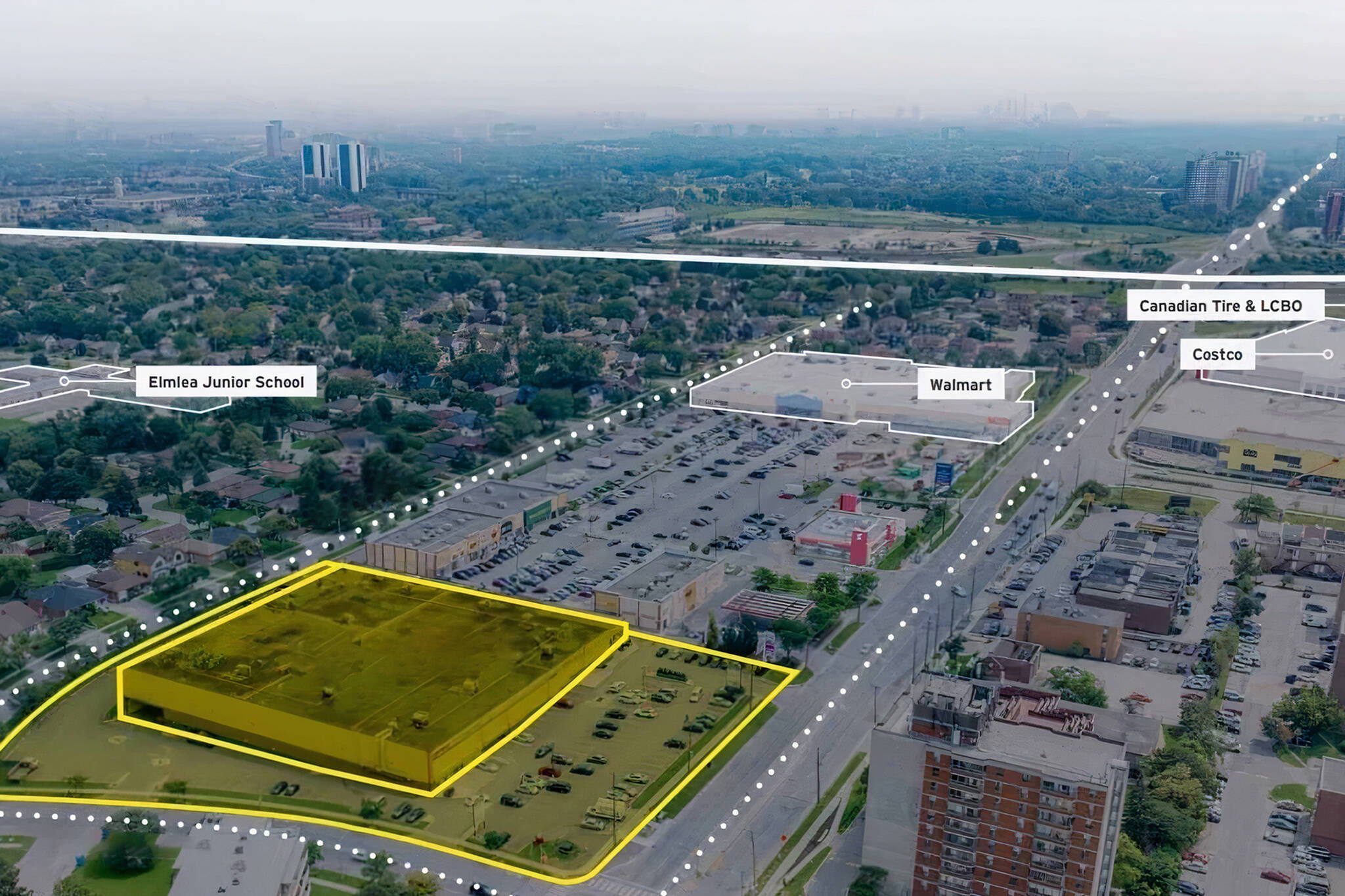I still think it's a potential problem. When the foundational business model is 'discount bulk', all that bulk has to be delivered. I don't know their logistical model - whether they are stocked throughout the day, night only, etc. but if the store moves a lot of bulky stuff out the door, it has to come in. A parade of large trucks or transports, particularly if at night, might be an issue for residents. There is also the issue of loading docks and access. If the company launches smaller format stores perhaps, but that might come at a cost to the consumer.
The one advantage that Ikea has it all or most of its products are flat-pack.
(CNBC Image)
View attachment 453258





